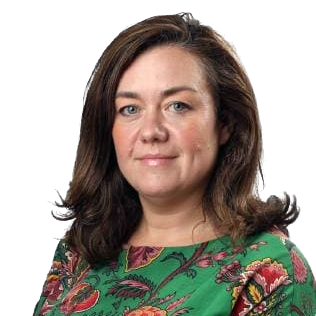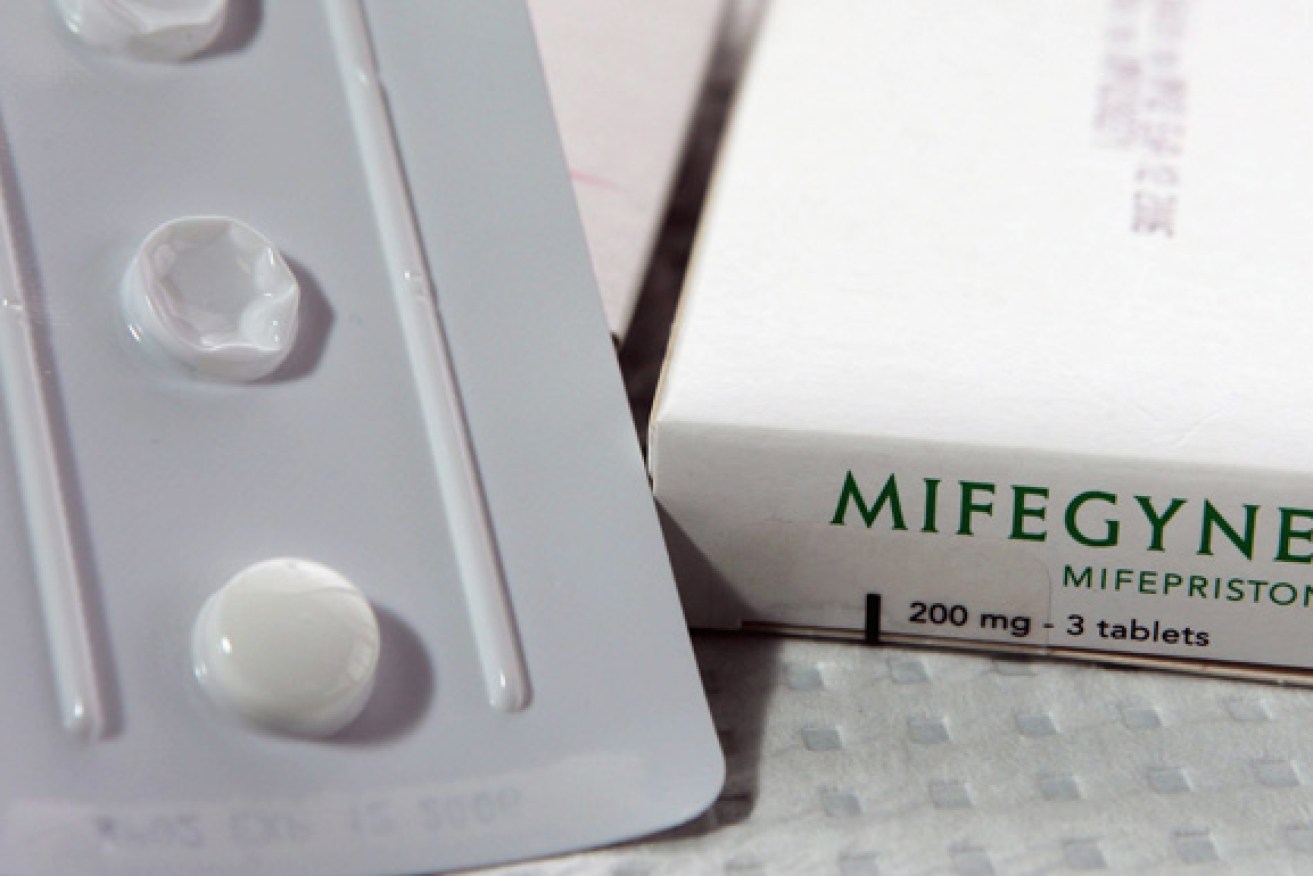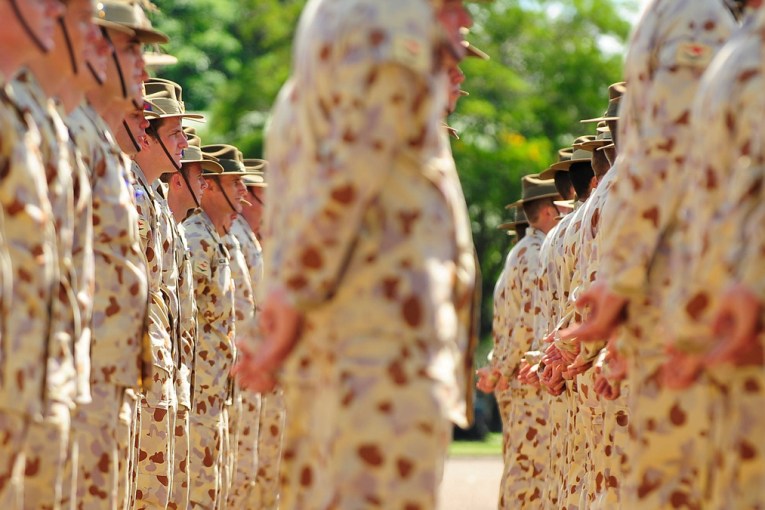Labor pledges to overhaul abortion access in all Australian states


The abortion pill has become a judicial football bouncing from one court to another. Photo: Getty Photo: Getty
Labor will campaign for “free”, safe and accessible abortion in public hospitals and clinics if Bill Shorten is elected Prime Minister.
And Labor’s health spokeswoman Catherine King has pledged she is prepared to use Commonwealth funding agreements to force states including Tasmania to ensure women are not made to travel interstate for terminations.
Next week’s ALP conference in Adelaide is set to debate calls for a new national strategy on reproductive health, including calls for more information for women on long-term contraceptive options, including IUDs.
Women in Australia are currently charged between $350 and $580 upfront for a medical abortion known as RU486 – despite the drugs being on the Pharmaceutical Benefits Scheme for as little as $12 for concession cardholders.
Surgical abortions, which are not available in the public system in some states, cost between $400 and $800 depending on location.
In an interview conducted for a new book, Choice Words, to be published by Allen & Unwin in March, Ms King said that price was too high.
Asked if she believes abortion should be available for free in public hospitals in Australia, Ms King is unequivocal.
“Yes I do,” she said.
“Legalisation I think sends that signal very clearly. But the next piece of work that we have to do is about the availability. And I think that’s where we’ve got a lot of work to do. I don’t think anyone predicted that the cost of RU486 would be such a barrier for women.”
Ms King said some states, including Tasmania, had failed to take action, despite millions of dollars in federal funding.
“If we are fortunate enough to form government, we will talk to them. But if they are reluctant around that then my view is this is about the provision of a service that should be available more broadly and we will have to have a look at what the options are,” Ms King said.
“But my view is we have a pretty powerful tool in terms of commonwealth and state funding agreements. There’s certainly ways you can use those agreements to ensure the services are available.
“That might absolutely be an avenue you can go down. If it’s in the public hospital, it should cost nothing. Cost shouldn’t be a barrier for women accessing a termination.”
Some providers have argued the rise of the abortion pill, RU486, has dramatically reduced the demand for surgical abortion.
Because the provision of abortion is largely privatised in some states, the closure of sole providers in Tasmania and Cairns in Queensland have left women with no options close to home.
However, Ms King said the drop in demand for surgical abortion should have been anticipated.
“It’s not surprising this has happened. But I guess without proper planning this was always the way it was going to go,” she said.
“I think at the time, remembering the debate, the sense that everyone had was that surgical abortion would continue to be available both privately and publicly and then this would be a supplement on top so you could have more availability. And clearly that’s not quite what happened. I don’t think that’s the sole reason in Tasmania. I think there appears to be a real unwillingness in that state to address public provision.”
A grassroots Labor group is pushing for the ALP conference to bind its members to vote in favour of safe, legal and accessible abortion and no longer have a conscience vote on the issue.
The Labor for Choice group wants a new chapter in the ALP platform that requires consultation with the states to decriminalise abortion, consider providing “free” abortions in public hospitals and demand “safe-access zones” where women are not forced to run the gauntlet of pro-life protesters when seeking treatment.
Labor remains open to providing abortions in public hospitals, as it is in Victoria or public clinics such as the Pregnancy Advisory Clinic in Adelaide.
“It’s got to be available where people are. So in some circumstances a standalone clinic is suitable, in others within a public hospital, or private clinics, or medical abortions via GPs,” Ms King said.
“Depending on what suits any woman and her partner if he’s involved at the time.
“The model really has to be accessible. We need a new sexual and reproductive health strategy and that’s got to go through COAG [Council of Australian Governments] with the states and territories.
“We’ve seen some really big gaps emerge but I don’t fully understand where those gaps are. I think this is about sexual and reproductive health, so it shouldn’t just be about termination services.”
In 2018, Labor pledged to provide a $1 million standalone ‘reproductive health hub’, to fill a service gap left by the recent closure of Tasmania’s main low-cost private abortion clinic. The state government introduced a provider to begin the service in late November.








